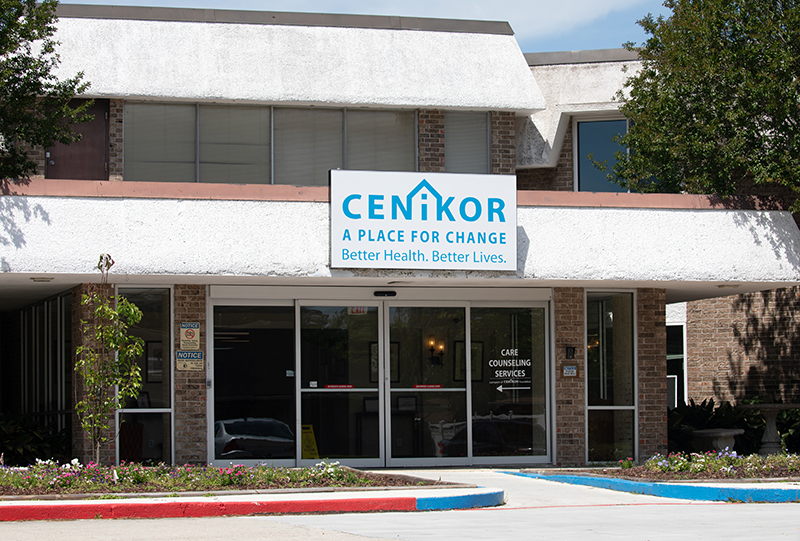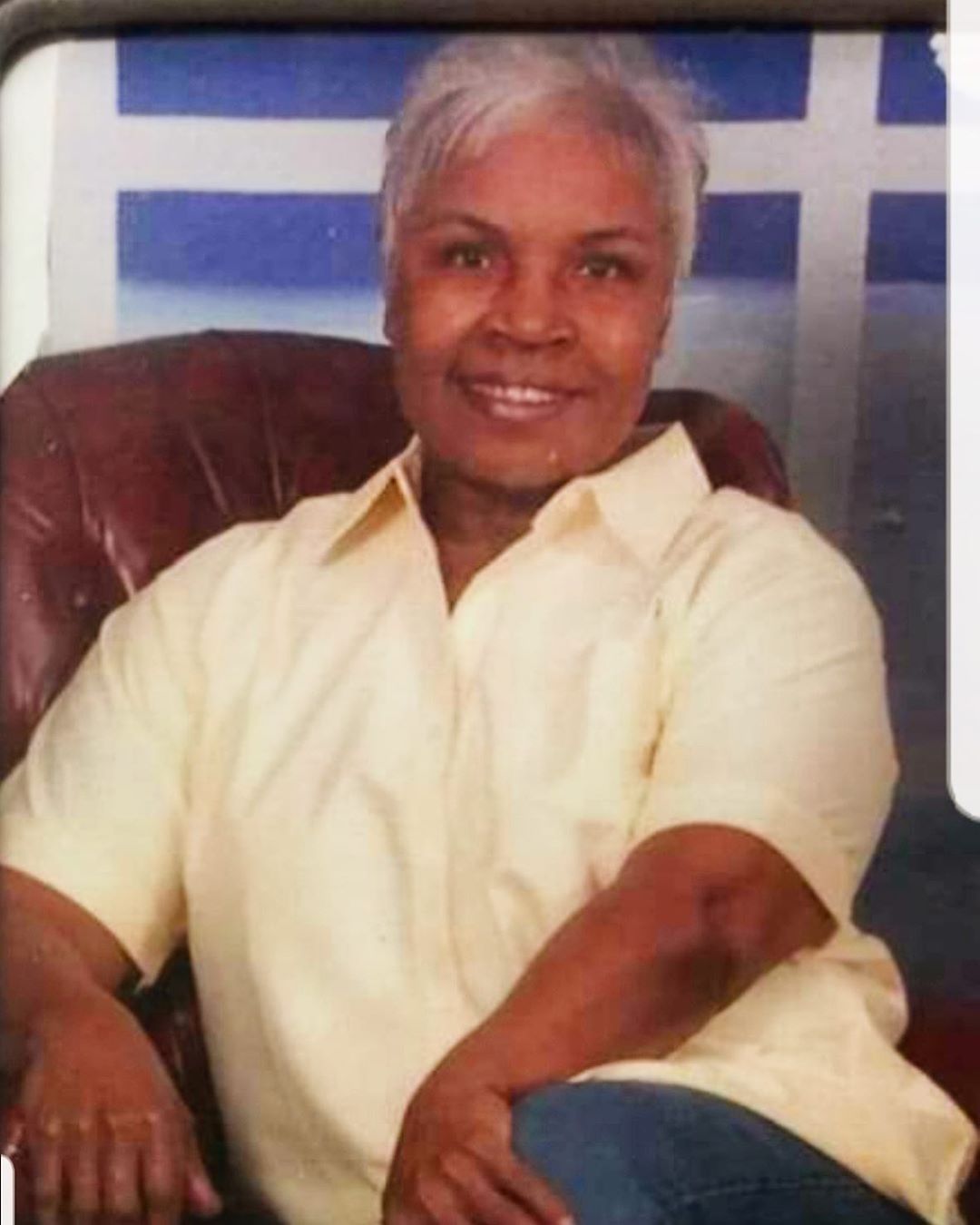
By bell lee
The Cenikor Foundation runs 12 so called “rehab” facilities in Louisiana and Texas. Cenikor claims that its program rehabilitates people struggling with addiction. Instead, people who have sought in-patient treatment—or are court-ordered to complete the Cenikor program—often find themselves working up to 80 hours a week while Cenikor pockets their earnings. When they spoke out against the abuses that they experienced, those that were there voluntarily were told to leave. Those at Cenikor under court order are often threatened with more jail time so that they will comply.
Cenikor has used cruelty and emotional abuse to hold power over the people in their care, claiming that this was a type of “behavioral management” that would help the residents. The residents were routinely denied the counseling that they were promised because the foundation only cared about extracting free labor from the so called “residents.” Many people who went through Cenikor have confirmed that the goal was never to rehabilitate them, and that the only purpose was for the business to generate profits. Staff and management routinely turned a blind eye to residents getting taken advantage of and sexually abused, as well as getting high at job sites because Cenikor was only interested in exploiting their labor.
Not only were the residents forced to work, they did so for long hours and under dangerous conditions, without proper training or protective equipment.
Some residents were denied critical healthcare until they collapsed at their job sites. Others were made to go right back to work without rest after undergoing surgery. Residents were made to work at hard-labor jobs in often dangerous conditions, with no pay at all, and were also denied visitation with their families if they resisted the abusive conditions at Cenikor. Before work they were given old and moldy food and sent to work in the summer without cold water. After working grueling hours, some report that they were denied sleep, which is a torture technique. The way that the management treated the people in their custody is nothing less than disgusting.
Because those at Cenikor were in an incredibly vulnerable position—either in rehab, or already in the criminal justice system—Cenikor’s board and managers believed that they could abuse and exploit the people in their custody. The merciless logic of capitalism has meant that corporations such a Cenikor hold people in servitude in order to extract the value of their labor. Until human rights are respected the way that profits are, assaults on workers’ rights and human rights will continue, and the poor and working class will remain subject to capitalism’s violent tendencies. The only way to change a system horrible enough to produce something Cenikor is to resist it, to demand better, and get organized.

